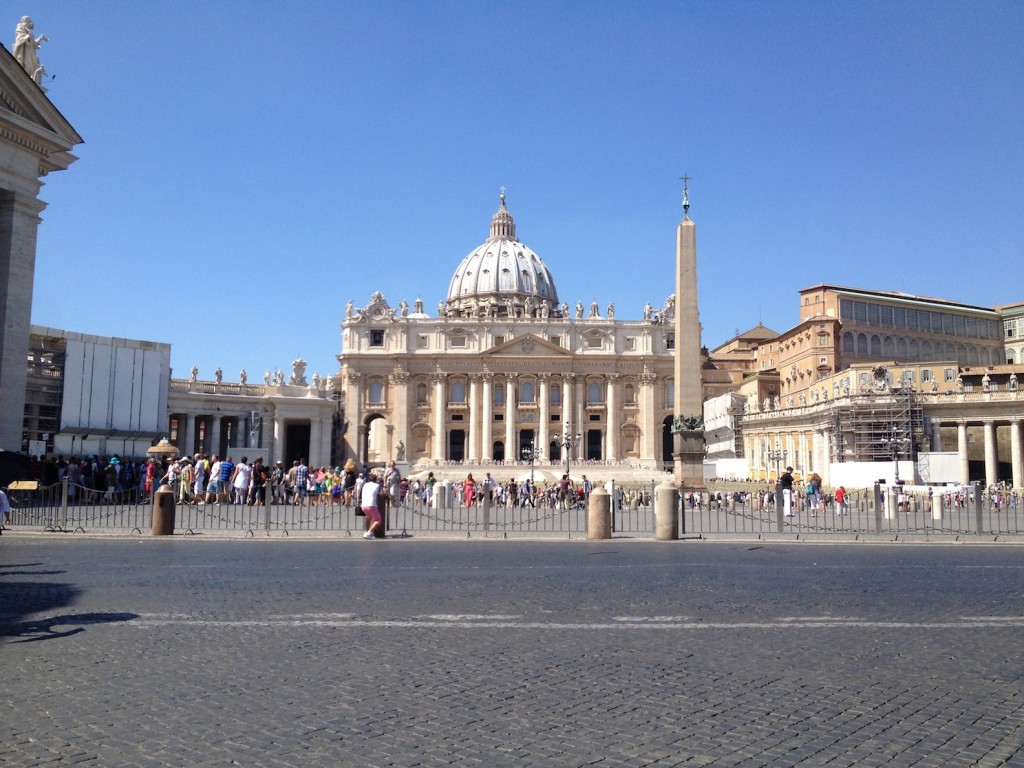I found Odysseus’ long-awaited return to Ithaka both surprising and a little awkward when I first read it. For nearly two decades, he’s “longed for wife and home,” and now finally he’s there, but stuck in an old beggar’s body and is allowed to see neither wife nor home. Instead, he sits just beyond his own palace while the suitors continue defiling it. True to the nature of the epic poem, Odysseus has one final challenge before his proper family and house can be restored. At first I was upset that he couldn’t heroically jump off the ship, swim onto Ithaka, run up the mountains sword-in-hand and fight each and every suitor immediately. I suppose that’s the image I had imagined from modern movies that tend to be one ongoing battle scene. As the three chapters unfold in Eumaios’ hut, I began to realize the significance of the fact that his return wasn’t so abrupt.
-
Recent Posts
Recent Comments
- Ivana Surjancev on Coming Home, Forgetting Home
- Charlie on Coming Home, Forgetting Home
- Clare Welch on Coming Home, Forgetting Home
- Allie Klein on In the end, was this inevitable?
- Ivana Surjancev on In the end, was this inevitable?
Archives
Categories
Useful Resources


